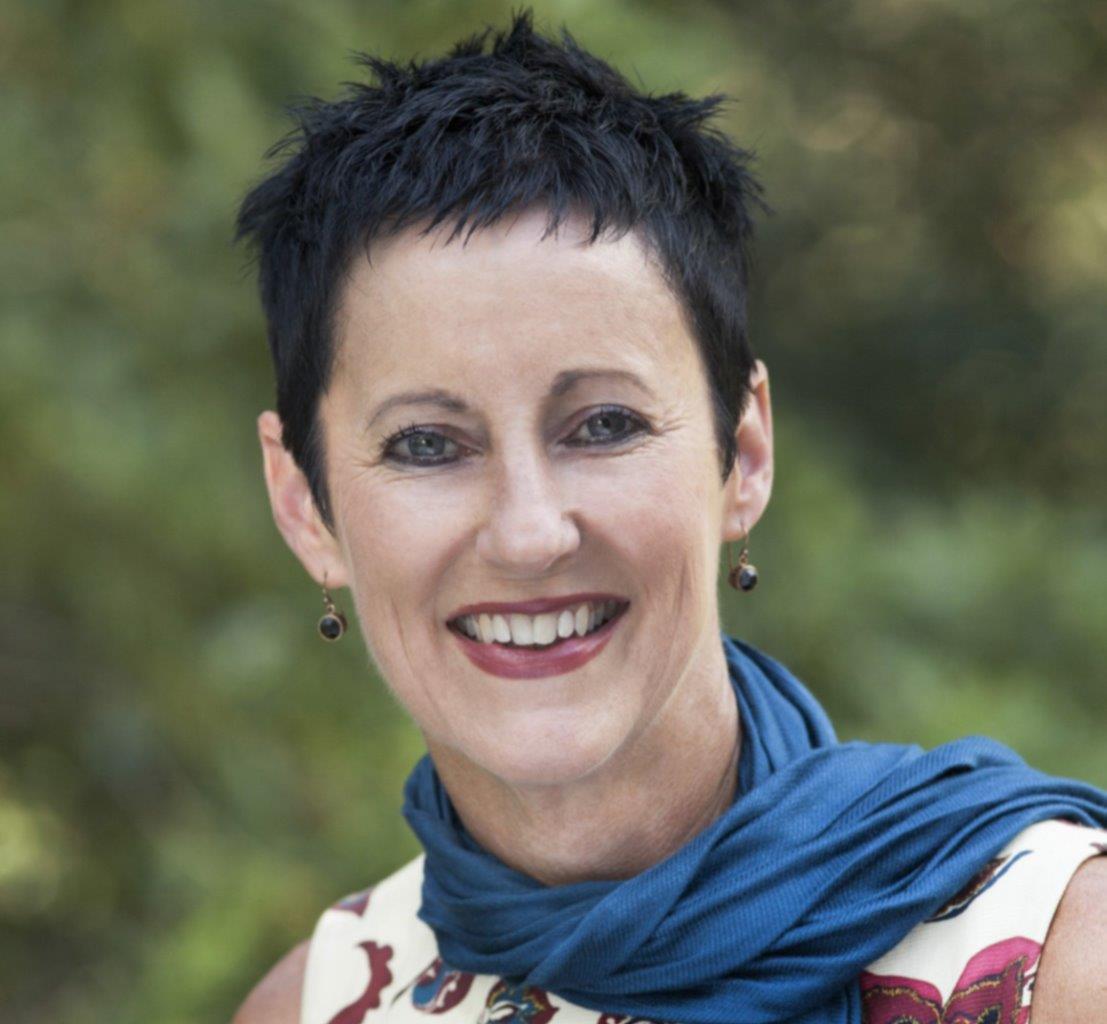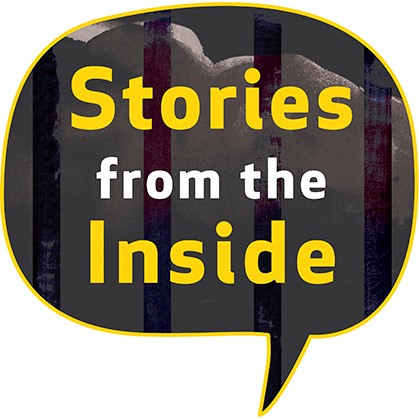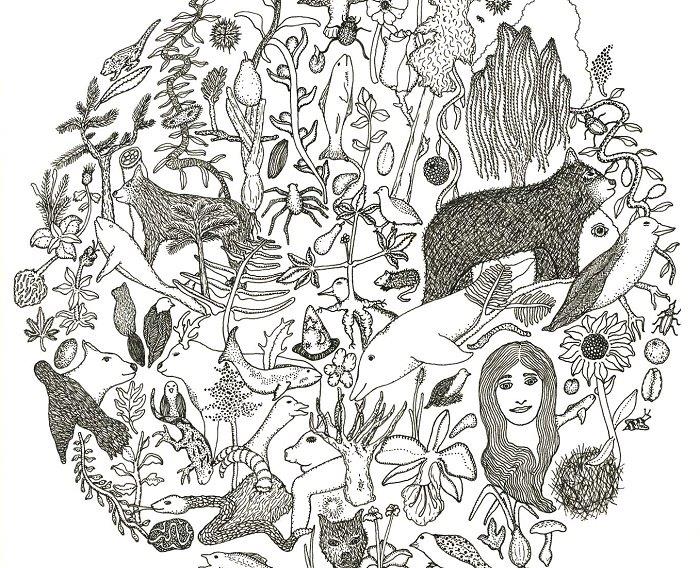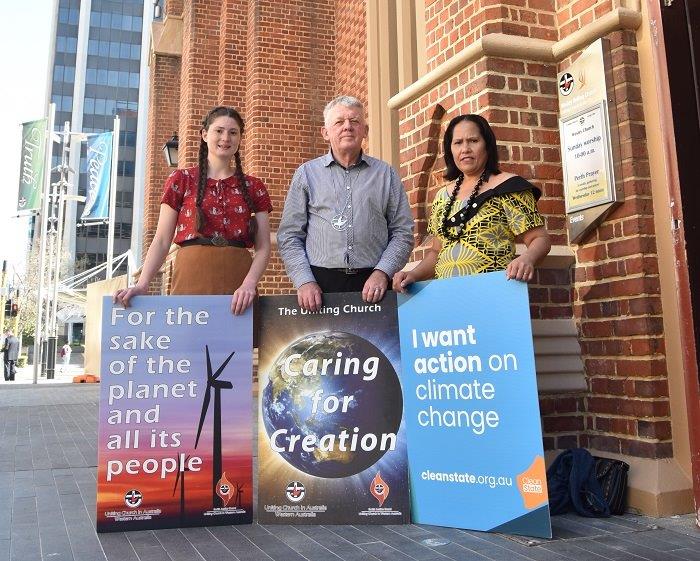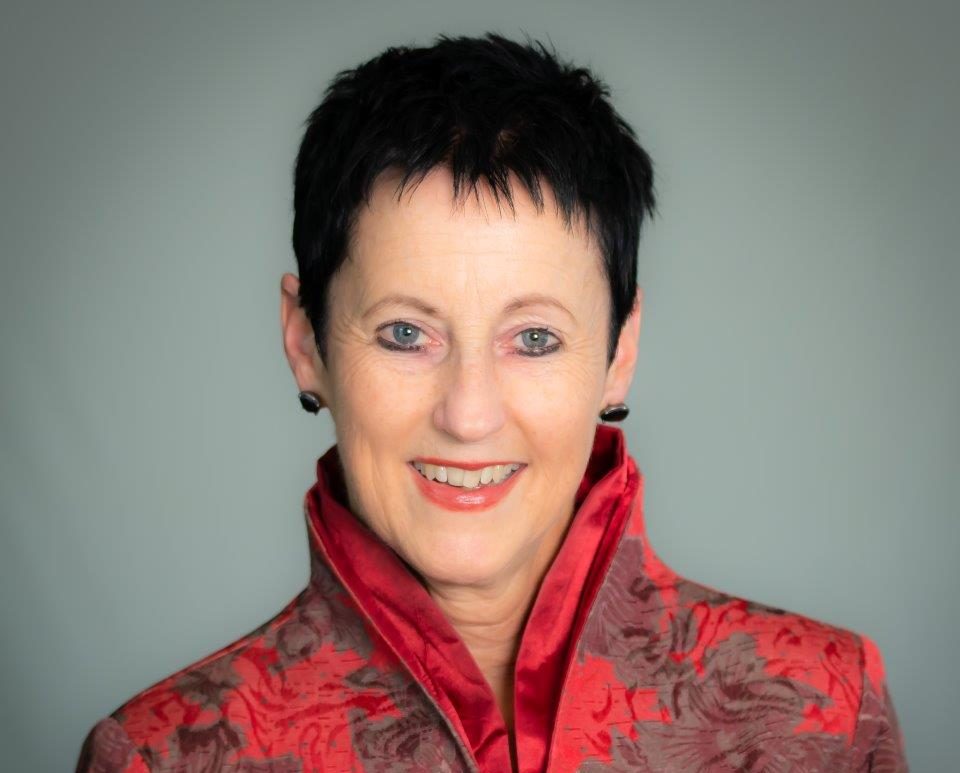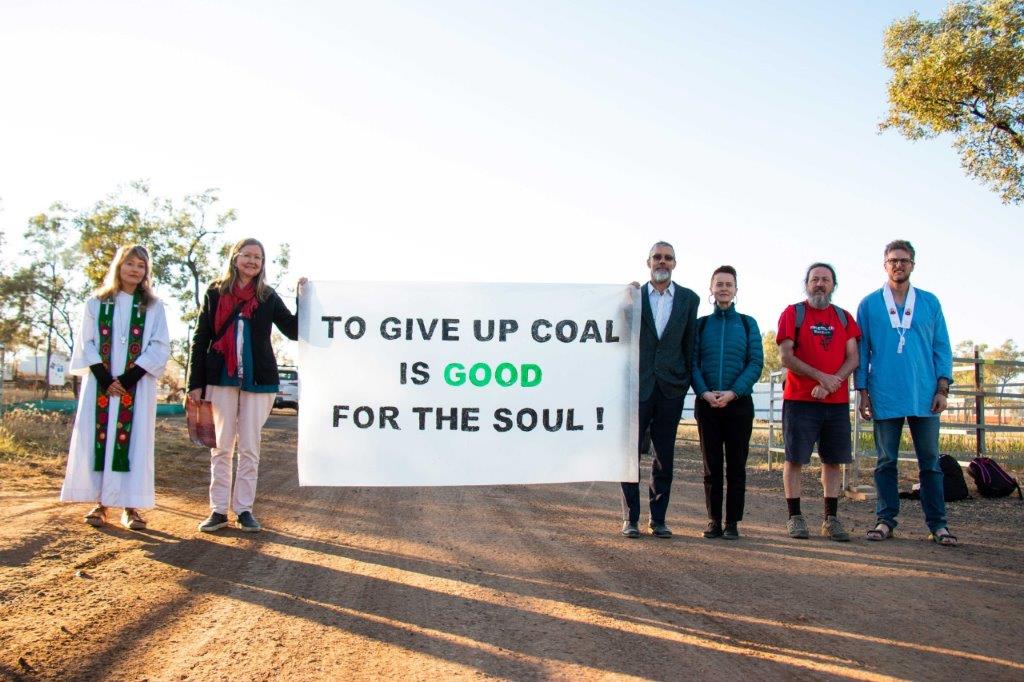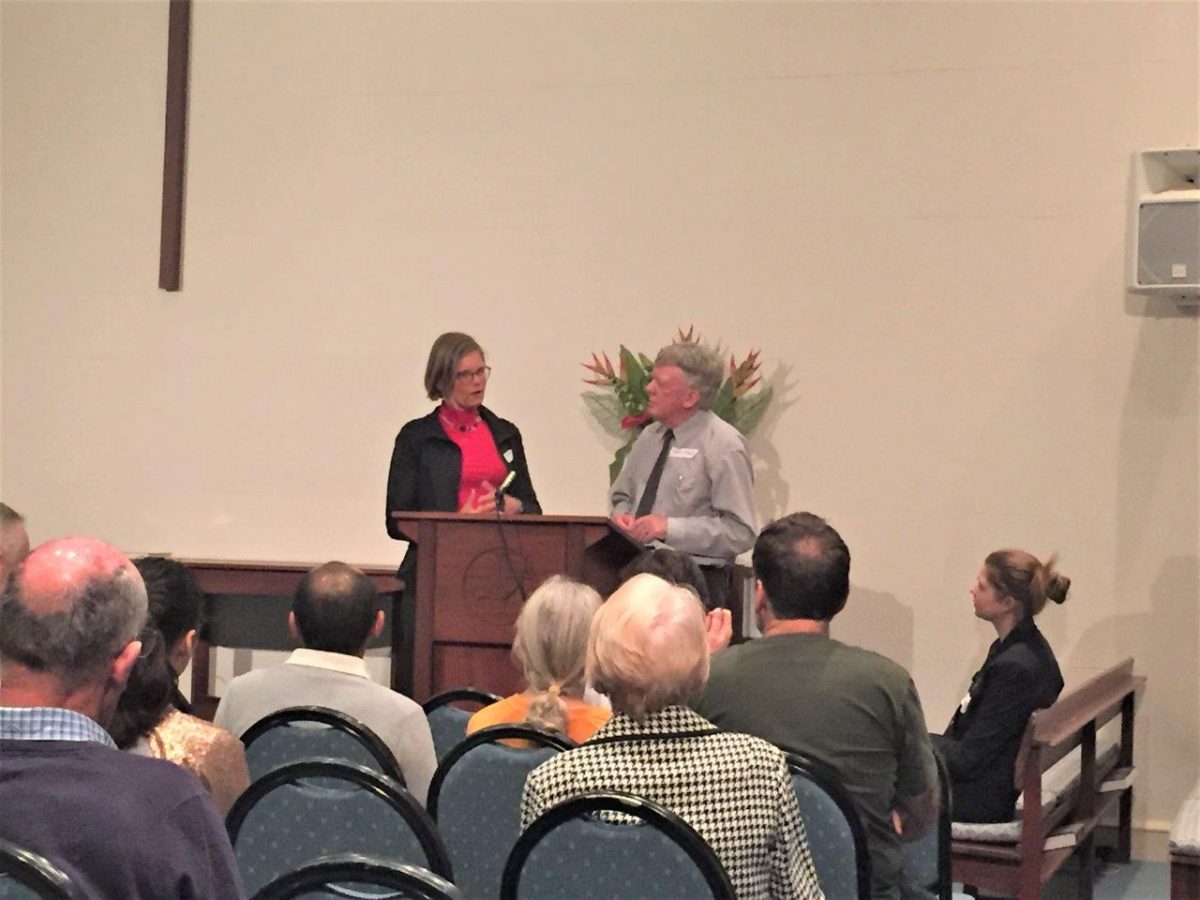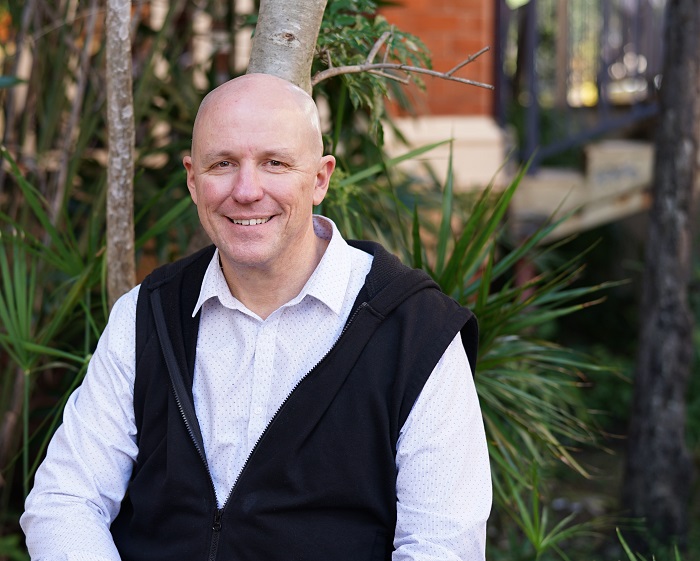On Palm Sunday this week (5 April) people across the country will urgently raise their voices so that refugees and asylum seekers will not be forgotten in our fight against the COVID-19 pandemic.
A great justice tradition in Australia is that on Palm Sunday every year thousands of people take to the streets to call for a more compassionate response to refugees.
This Sunday, instead of gathering for rallies and marches in major cities, people are finding new and creative ways to raise their voices together.
Many of the organised Palm Sunday rallies are going ahead as online events and advocacy will take place across social media.
In the last week, refugee advocates have appealed to the Federal Government to ensure protections against COVID-19 extend to refugees and asylum seekers, and in particular that people in crowded detention centres are moved to places where physical distancing can be observed.
President of the Uniting Church Dr Deidre Palmer has written to the Prime Minister Scott Morrison to seek his assurance that the 1.5 million people living in Australia on temporary or bridging visas will have access to healthcare and income support.
In particular, Deidre stressed the importance of ensuring asylum seekers in the community have access to Medicare so they can and will seek help if they think they might have the virus.
“The situation for people living in Australia on temporary or bridging visas during this health crisis is urgent, and a direct response to their plight by the Australian Government will be an important measure to complement the strong measures already taken,” Dr Palmer wrote.
These concerns were echoed in a letter from the Australian Churches Refugee Taskforce and National Council of Churches in Australia, noting that many of this cohort are already dependent on charities for necessities.
The Refugee Council of Australia (RCOA) called an extraordinary meeting with organisations across the country to bring together their concerns. Their most urgent priorities were:
- Move people urgently out of crowded immigration detention facilities
- Ensure a financial safety net and Medicare access for all in Australia
- Prevent people losing legal status and access to support
- Move refugees and people seeking asylum from PNG and Nauru.
RCOA Chief Executive Officer Paul Power noted, “With the international movement of people grinding to a halt, we need to take care of everyone now in Australia, knowing that the health of all of us is directly connected to how we treat the most vulnerable.”
How you can still participate in Palm Sunday for Refugees
- Attend an online event
In WA, the annual Palm Sunday event is now happening online at 1.00pm.
Sydney’s event is also happening online: Walk for Justice for Refugees, 11am AEST - Take a photo of yourself with a sign and send it to palmsundayrefugeemessages@gmail.com and or post to social media with the #justice4refugees
- Contact your local Members of Parliament to remind them of our duty to support the most vulnerable, particularly people facing destitution in our country as a result of these circumstances. See suggested points to raise in your letter.
- Sign a petition
Asylum Seekers Resource Centre
Human Rights for All - Participate in the Canberra Refugee Action Campaign Week of Online Action
- Display a Give Hope Campaign banner. Banners can be purchased from the NSW/ACT Synod
- Schooling at home? Here’s a refugee curriculum package for teachers and parents based around a short story by a teacher on Nauru
This article was originally published on the Uniting Church in Australia Assembly website.

